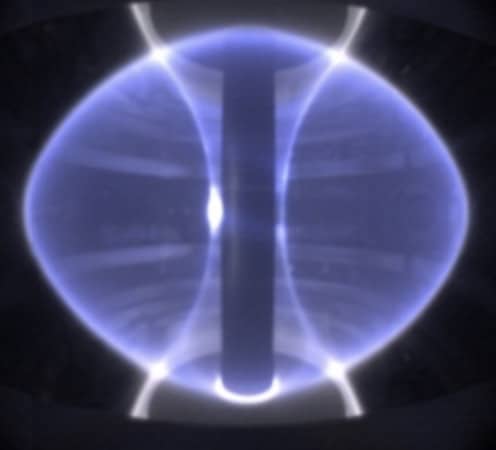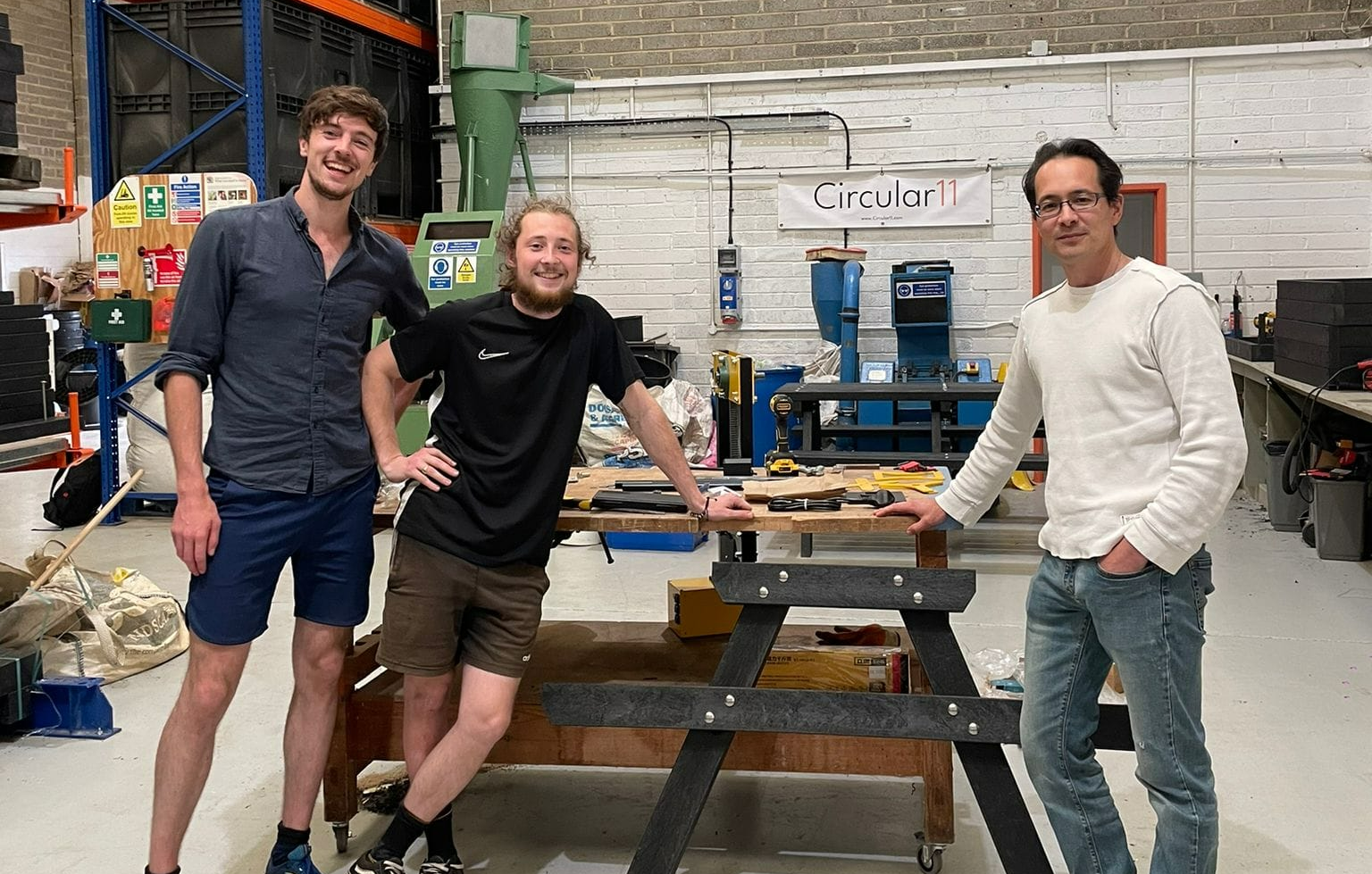Making every organ count

Technology from Oxford spin-out OrganOx is saving lives by making every organ count
Liver disease kills around 11,000 people a year in England, a rise of around 40 per cent over the last decade and this upward trajectory shows no sign of stopping.
Some patients, though not all, could recover if they received a liver transplant, but tragically there are not enough healthy donated livers to meet demand.
There were around 1,000 successful liver transplants in the UK last year, but approximately 1,500 donations.
That means 500 were rejected by surgeons as not being suitable for transplant.
Since the first successful liver transplant was done in 1967, experienced surgeons have had to decide whether to use a donated liver largely by visual and physical assessment alone. In the heat of the moment, with the patient often in the operating theatre, there’s no time for detailed analysis before transplantation, and the surgeon will always err on the side of caution. If they think a donated liver is marginal, it will be rejected.
Those livers they do deem suitable are taken from the deceased donor, put in an icebox and bluelighted to hospital. It is truly a life and death situation. Once a liver has been transplanted there’s no going back for the patient, no dialysis as with kidneys.
If it doesn’t work the patient might or might not get the chance of another transplant. And all that has to happen within 12 hours.
Now a company based at the Oxford Science Park has developed the technology to support a liver at body temperature for up to 24 hours.
OrganOx’s metra® device gives surgeons more time, and the means they haven’t had before, to assess the quality of the liver before transplantation takes place and allows a liver to be transplanted at body temperature (transplanting a liver that has been on ice for hours increases patient trauma).
Put simply, the device mimics the human body’s impact on the liver and works by keeping the organ at a steady 37C while supplying the liver with oxygenated blood, anti-clotting drugs and nutrients to keep it healthy.
OrganOx’s metra® is now approved for clinical use in the UK and Europe and is undergoing a clinical trial in the United States, where it expects to achieve Federal Drug Agency approval within the next year.
And it is the US market which offers major opportunities for the company.
American surgeons are judged on the one-year performance of the patients they have transplanted. They are not judged on the waiting list mortality statistics and are particularly cautious about the transplants they carry out.
OrganOx’s metra® is now being used by six out of seven of the UK’s transplant centres. Addenbrookes Hospital in Cambridge reports the number of liver transplants it has carried out has risen by 25 per cent over the last 12 months.
To date, more than 500 transplants have happened in 10 countries across the world using OrganOx technologies.
A collaboration which is saving lives
OrganOx was spun out of Oxford University in December 2008. Most university spin-outs have one academic founder, but this has two.
The company was established by Professor Peter Friend, Professor of Transplantation at the University of Oxford and Director of the Oxford Transplant Centre, where he is responsible for the kidney, small bowel and pancreatic transplant programmes.
His co-founder is Professor Constantin Coussios. Peter was Constantin’s supervisor on an engineering project while they were both at Cambridge. The idea for the metra® device was born out of a 10-year collaboration between this clinician and engineer. The team moved to Oxford in the late 1990s and established OrganOx 10 years later.
Its current CEO is Craig Marshall, who joined in 2016 from his previous role as Managing Director of Siemens Magnet Technology, based at Eynsham, Oxford.
Craig has the task of propelling OrganOx from successful trials into a commercially successful business.
Before Siemens Magnet Technology (created out of a joint venture between Oxford Instruments and Siemens), where he spent two years as Director of Engineering before becoming Managing Director, Craig was Head of Imaging Operations at GE Healthcare. Moving to OrganOx in December was something of a culture shock, albeit a welcome one.
“At Siemens I was responsible for 450 people, had a big corner office, electric desk, a PA and support team around me. When I moved to OrganOx, there were 12 employees and I did have an office, but quickly gave it up because we needed it more for meeting space.”
Employee numbers have now more than doubled to 25 (including the much-needed PA), with two working in the USA, one in France and another in Germany.
Moving from a big business to an ambitious spin-out might be short on home comforts, but Craig has a new energy, which makes up for the fact that he’s working a lot harder.
“What’s different here is the direct engagement I have with our investors. I’ve
also applied my big-company experience in preparing OrganOx for the growth we are predicting. There are now job titles, structures, values and key performance indicators.
“Surgeons in the UK alone need to be able to carry out around 2,000 transplants a year and it is a crying shame that some organs are being discarded when, thanks to technology such as ours, they could be transplanted. We want every organ to count.”
The company’s founding investors include the University of Oxford and Longwall Ventures. Other investors include high net worth individuals, but no one investor holds more than 20 per cent of the business.
“It makes for a healthy spread of knowledge and experience around the boardroom table,” said Craig.
OrganOx is now trading and in Craig’s first year reported around £1 million turnover. Last year turnover was more than £1.7 million, and the company is forecasting £3.3 million this year.
“We aim to come into profit in 2021 when we have secured approval from the United States Food and Drug Administration agency,” said Craig.
“This is platform technology,” he added. “We have the first product for liver. We have a second product in development for the kidney and others are in the pipeline.”
An out-of-body experience
The technical challenge of maintaining a liver’s health outside the human body is immense.
The resistance that must be overcome to push blood through any human organ varies hugely. For instance, the amount of blood flowing through the liver can triple after eating a meal and the pressure in the hepatic artery (the blood vessel that supplies oxygenated blood to the liver) has to be maintained within a relatively narrow physiological range.
The OrganOx metra® system understands and responds to the vascular resistance of the organ in the same way as the body does. The founders have created a “brain” which monitors all critical levels flowing in and out of the liver. “There are well over 100,000 lines of code on our device, with a computer controlling pump speed, pressure into the hepatic artery and everything else,” explained Craig.
“We are doubling the time available to organise and carry out a successful liver transplant from 12 to 24 hours, and putting a donated liver on our machine helps the transplant team assess how well it’s working.”
It also means that liver transplants can be done during the day, rather than in the middle of the night, which is when donor livers often come in at short notice, for example after a fatal road traffic accident.
Those undergoing organ transplants at night are statistically more likely to have poor outcomes. And surgeons will often have to work the following day.
It also boosts the attraction of a career in transplant surgery among young surgeons, where long hours and responsibilities were considered part of the job. The next generation may not have to sacrifice so much by having to work through the night.
The technology can also be used on a liver which has been transported in an icebox. By transferring it to an OrganOx metra, the liver can be brought back to body temperature and monitored before transplant.
Using OrganOx’s metra® device, the Newcastle and The Royal Free in London transplant centres have significantly reduced their number of night time liver transplants.
OrganOx shortlisted for UK’s top engineering prize
OrganOx’s metra® was selected as a finalist for the 2019 MacRobert Award, the most prestigious prize for UK engineering innovation.
Celebrating its 50th anniversary, the MacRobert Award is run by the Royal Academy of Engineering and recognises engineering teams that demonstrate outstanding innovation, tangible societal benefit and proven commercial success within the UK engineering sector
MacRobert Award judge, Professor David Delpy CBE, said: “This is a very impressive piece of complete systems engineering. It involves almost all engineering disciplines, clinical research and the development of new regulatory approvals for what is possibly the most complex bioengineering system on the market. Apart from the obvious and immediate benefit for all transplant patients, the long-lasting benefit of this development will be a total change in the way we manage transplant surgery and treat, regenerate and recreate organs that are supported outside the body.”
Distance no longer a concern for rural patients
Some patients awaiting a transplant have had to resort to living in caravans near the hospital to be close enough when an organ came in.
In rural counties, patients can easily be three hours away from a hospital, and the further away, the less likely they are to be offered the most marginal organ. But living in a caravan isn’t conducive to good health. Sick people need to be at home, or in hospital. Now, patients on the list have eight hours to get to a hospital which has invested in OrganOx’s technology.












